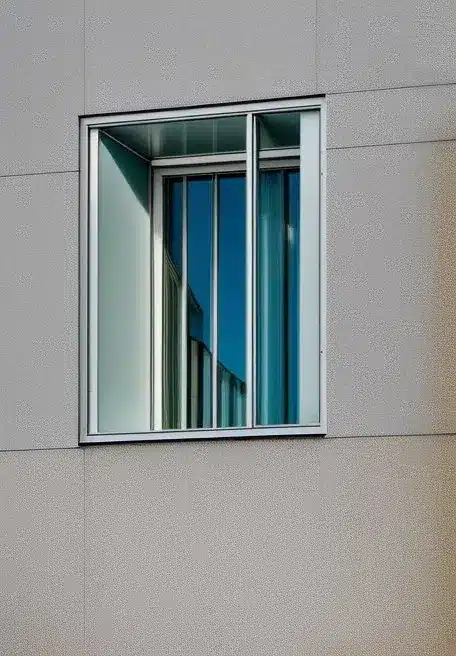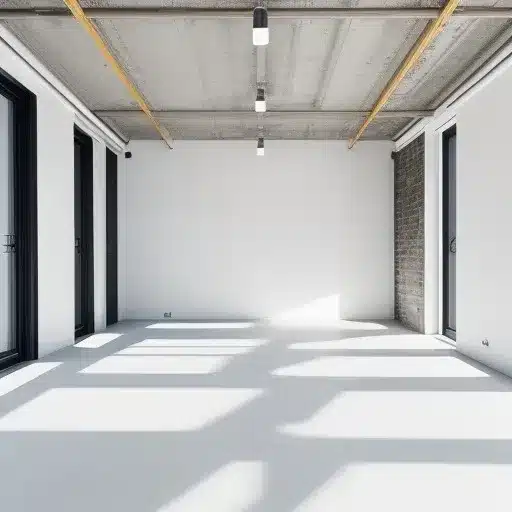Unpaid bills in the construction industry: How to get out of it when your client shouts “Poor workmanship!”?
I am a company that worked on a construction site led by a project management company. The client, the project owner, refuses to pay some of the invoices that were validated by the project manager, citing non-conformities and poor workmanship.
1. Let's check if these "faults" really exist
Before you stress out, make sure your client isn't telling lies. Here's how to do it:
Take a critical look around the construction site
Call a bailiff to make an official report
If necessary, bring in a building expert for an impartial opinion.
A quick legal reminder: according to article 1792 of the Civil Code, you are liable for 10 years for major problems that would make the building unusable or dangerous. But be careful, this does not mean that the client can accuse you of anything!
If there really is a problem, we roll up our sleeves
Okay, let's say you did indeed let a mistake slide. Don't panic, it happens to the best of us! Here's what to do:
Suggest a plan to repair the damage
Write down everything you do (it may be useful later)
Expect the contractor to put some pressure on you to do the repairs.
2. If the customer is still playing the smart one, play the “formal notice” card
You fixed everything but the customer still refuses to pay ? It's time to bring out the big guns:
Send a formal notice letter see model below
Remind him how much he owes and by when


3. As a last resort: justice (but let's hope it doesn't come to that)
If your customer remains stubborn as a mule, you will have to move on to the next step:
Ask the court for an injunction to pay (this is similar to an official payment order) or a condonation from the project owner
To do this, he will be required to have a legal expert appointed by the interim relief judge, who will come to confirm that the work has been carried out in accordance with the rules of the art.
In the event that the final expert report is favorable to the company, the latter may have the person convicted owner to pay him the amounts due either by the interim relief judge or by the trial judge if the sum is greater than 10,000 euros and damages are requested.
Bring in a forensic expert to review your work
If the expert says everything is OK, the judge can force your client to pay
Some tips to avoid problems in the future
To avoid reliving this nightmare, here are some tips:
Make well-detailed contracts (article 1103 of the Civil Code: a contract is the law between you and the client)
Take pictures and write down everything that happens on the construction site
Talk to your client regularly (communication is key!)
Make sure you are well insured (ten-year insurance is mandatory and can save your life)
4. Let’s talk about payment terms
Please note that legally:
For private construction sites, the customer has a maximum of 60 days to pay after the invoice
For public works, it is 30 days
What if the customer drags his feet to pay?
Good news: you can claim interest on late payment and even a small compensation of 40 euros for the inconvenience. That's the law!
Managing unpaid bills in the construction industry is a bit like building a house: it takes patience, know-how and the right tools. Remember that you have rights, and don't hesitate to assert them. But before you get to that point, always try to talk to your client. Sometimes, a good dialogue is better than a long trial!
